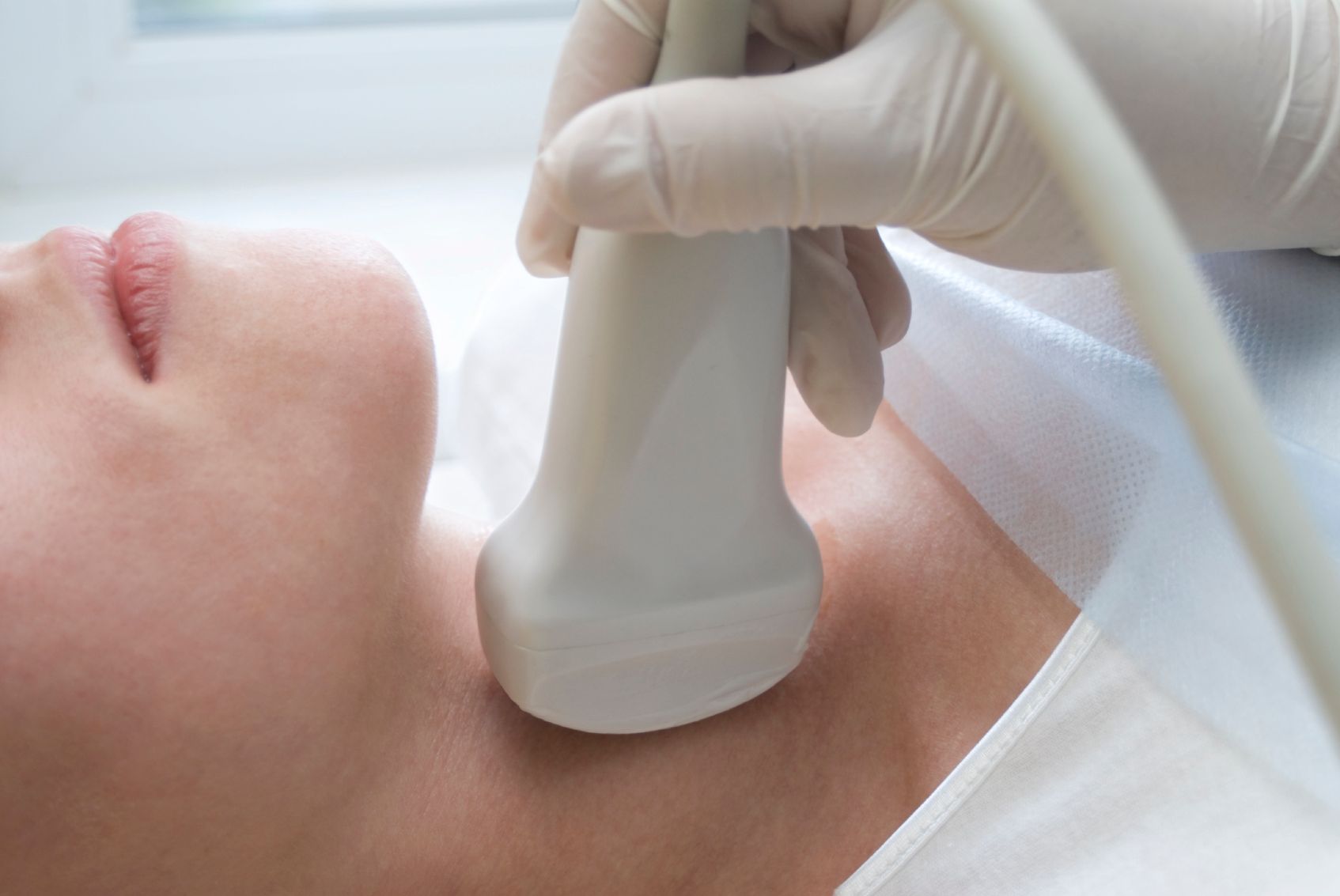Generic Levothyroxine as Effective as Brand Name for Achieving Thyrotropin Goals
Study suggests generic levothyroxine achieved similar rates of patients with thyrotropin levels in the ideal range as brand name levothyroxine.

An analysis of data from an administrative claims database suggests use of generic levothyroxine was as effective as brand-name levothyroxine for helping achieve target thyrotropin levels.
Using data from more than 15,000 propensity-matched hypothyroidism patients treated with levothyroxine between 2007-2017, results suggest use of generic or brand levothyroxine for mild thyroid dysfunction was associated with similar rates of achieving target thyrotropin levels.
“Initiation of generic vs brand-name levothyroxine formulations was associated with similar rates of normal and stable thyrotropin levels. These results suggest that generic levothyroxine as initial therapy for mild thyroid dysfunction is as effective as brand-name levothyroxine,” wrote study investigators.
Like patients of any chronic illness, cost of medication is an ever-present concern for patients receiving treatment with levothyroxine. Despite being rated as bioequivalent by the US Food and Drug Administration, statistics indicate generic levothyroxine is prescribed less than other generic pharmaceutical products—with some previous data suggesting endocrinologists were more than 3 times as likely to prescribe brand-name to generic levothyroxine as initial therapy.
In an effort to determine whether brand-name levothyroxine was more effective at achieving normal and stable thyrotropin levels compared with its generic equivalent, investigators designed the current analysis as a retrospective, longitudinal cohort study using the OptumLabs Data Warehouse administrative claims database. Using 1:1 propensity score matching, investigators identified 17,598 adult patients meeting inclusion criteria. For inclusion in the study, patients were required to be at least 18 years of age, have thyrotropin levels in the range of 4.5-19.9 mIU/L, and initiate use of generic or brand-name levothyroxine from January 1, 2008 through October 1, 2017.
Of the 17,598 included in the study, 69% were female, 74% were white, and 15299 filled generic levothyroxine prescriptions during the study period. Among 4570 propensity score-matched patients, investigators found the proportion of patients with normal thyrotropin within 3months of filling prescriptions was similar among those receiving generic (75.4%; 95% CI, 71.9-79.0) and brand-name (76.9%; 95% CI, 73.4-80.6) levothyroxine. Additionally, investigators noted similar proportions when assessing patients with markedly abnormal levels receiving generic (4.1%; 95% CI, 3.4-5.0) and brand-name (3.9%; 95% CI, 3.1-4.7) levothyroxine.
Among a cohort of 1034 propensity-matched patients who achieved a normal thyrotropin value within 3 months of initiating therapy with levothyroxine, investigators found the proportion of patients maintaining normal thyrotropin was similar for those receiving generic (82.6%) and brand-name levothyroxine (83.8%).
“This cohort study of the comparative effectiveness of generic vs brand-name levothyroxine found that for adults with mild forms of thyroid dysfunction, consistent use of either the generic or brand-name formulations was associated with similar rates of achieving normal and stable thyrotropin levels,” wrote investigators.“Further research needs to clarify whether these findings are consistent among patients with no or little endogenous thyroid hormone production and whether switching between formulation affects these outcomes.”
This study, “Comparative Effectiveness of Generic vs Brand-Name Levothyroxine in Achieving Normal Thyrotropin Levels,” was published in JAMA Network Open.